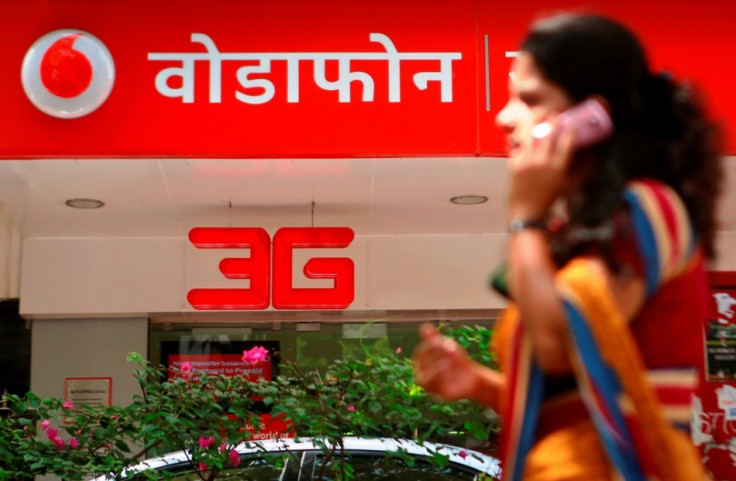India Approves Investment Proposals of Vodafone and Tesco

An Indian panel of senior bureaucrats to consider foreign investment proposals in the country has approved investments from UK companies, Vodafone and Tesco.
India's Economic Affairs Secretary Arvind Mayaram said the Foreign Investment Promotion Board approved Vodafone's deal to buy the remaining ownership in Indian subsidiary for $1.6bn (£970m, €1.2bn).
The deal is still subject to clearance from India's central cabinet, which is expected in coming weeks.
Vodafone, one of the largest telecom operators in the world, entered Indian market in 2007 by acquiring Hutchison Whampoa's local cellular assets in an $11bn deal.
At present, Vodafone directly or indirectly owns about 84.5% of Vodafone India, which is the second-largest mobile operator in the country in terms of customer base and revenue. Its direct holding in the unit is 64.4%.
The panel also approved a proposal by UK retailer Tesco to acquire 50% of Trent Hypermarket, a retail arm of the Indian conglomerate Tata Group, for about $110m, the Wall Street Journal reported citing a government official.
The approval makes Tesco the first multi-national company to enter multi-brand retail in India, after its rival Wal-Mart announced its plans to wind up its Indian joint venture.
Tesco is currently supplying about 80% of goods sold in 16 Trent stores operating in the country. Under India's foreign investment rules, foreign multi-brand retailers have to source 30% of their products from local suppliers.
Tesco is less worried about the restrictions as it already works closely with Trent Hypermarkets. Since 2008, it has supplied 80% of the goods sold in Trent's 16 stores.
FDI in India
As part of its continuing liberalisation initiatives, India has recently opened both the retail and the telecommunications sectors to more foreign involvement.
The country has been looking for ways to attract foreign investment and boost its economic growth, which slipped below 5% recently. It is also in need of more foreign investment to fill its huge current account deficit.
India has increased the holding limit for foreign companies in its telecom sector to 100% from 74% in August. It also allowed more foreign investment in retail in September 2012, by opening up the retail sector to international supermarket chains.
Previously, the country was not accepting foreign investment in multi-brand retailing.
Vodafone and Tesco are looking to take advantage of the country's growing middle class with their fresh investments, despite existing bureaucratic hurdles. The middle class has been spending more on mobile services and groceries despite decelerating economic growth.
The move also highlights the companies' intention to expand in emerging markets as they experience stagnant growth in other developed markets.
© Copyright IBTimes 2025. All rights reserved.






















